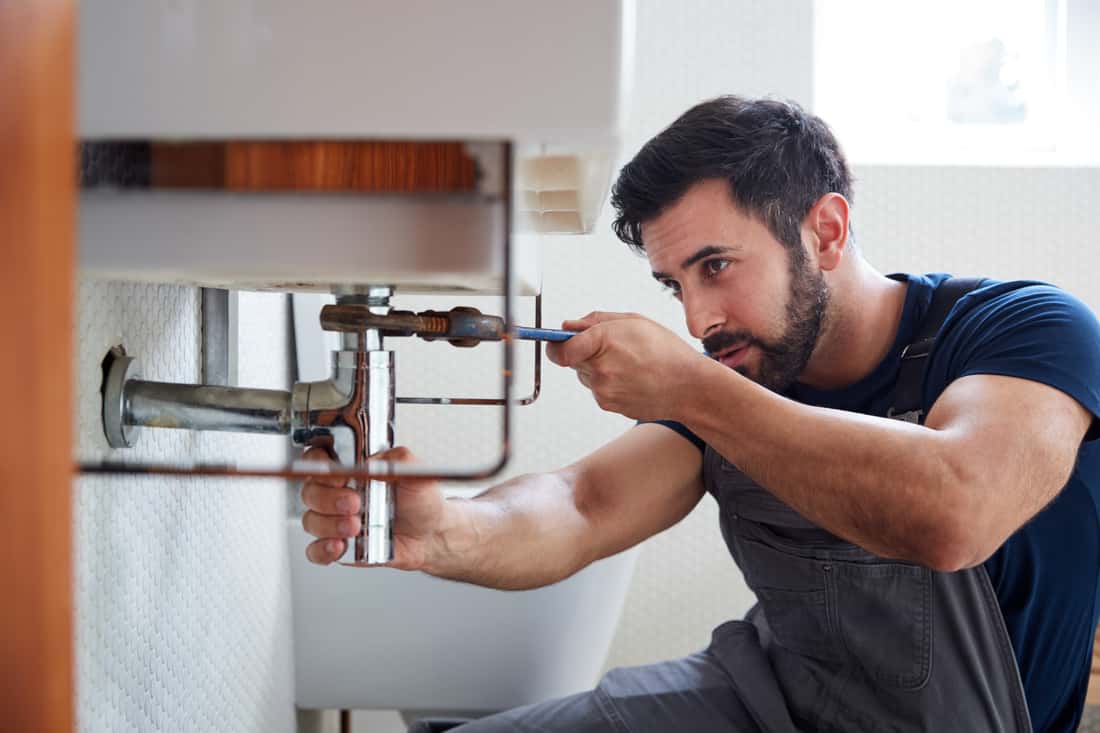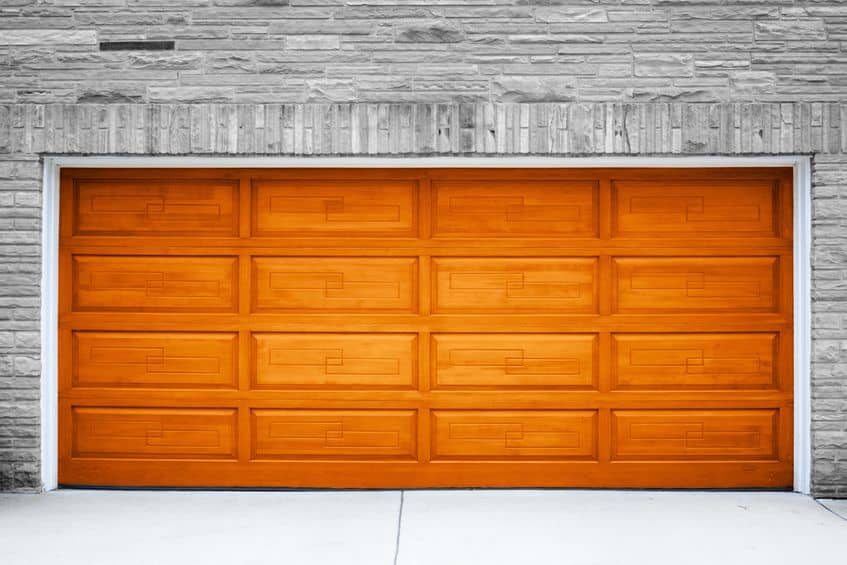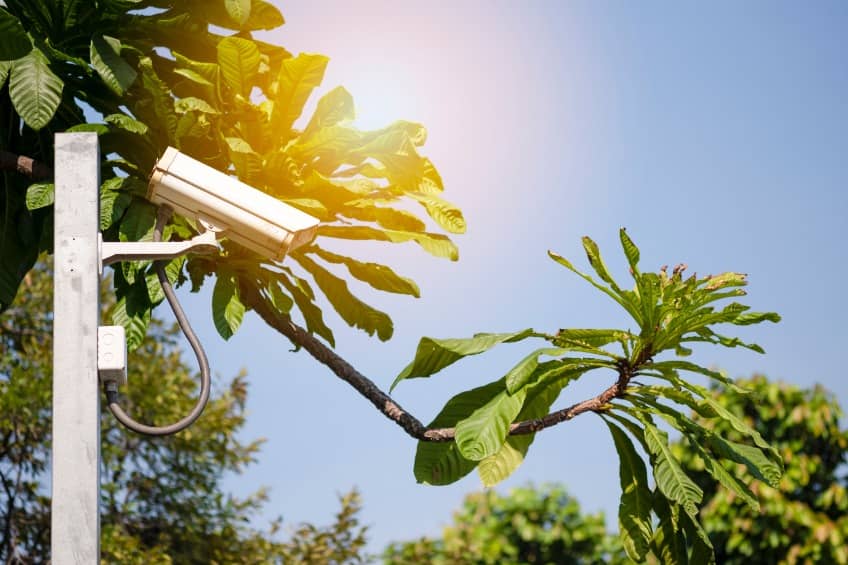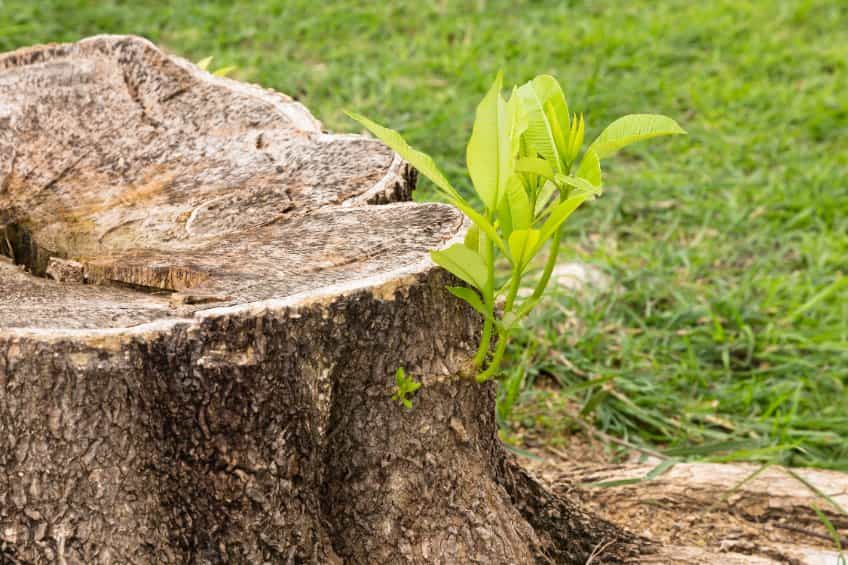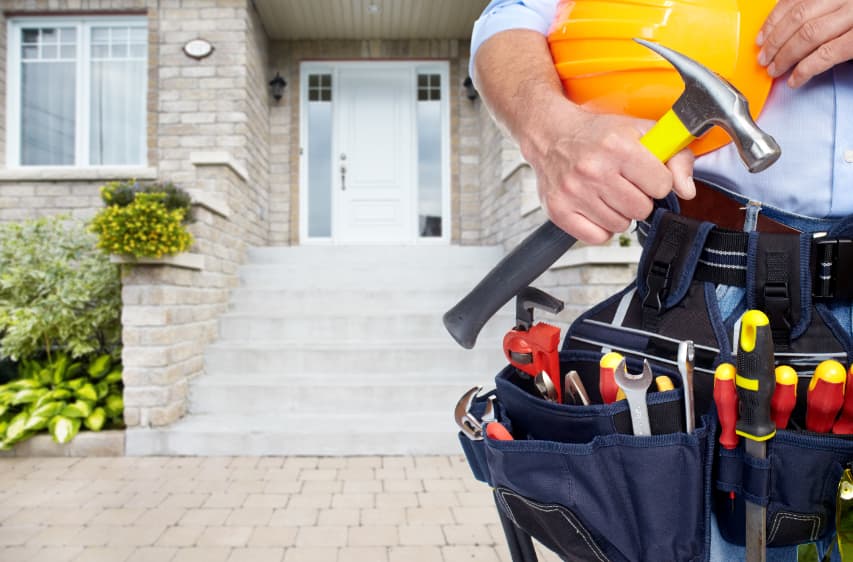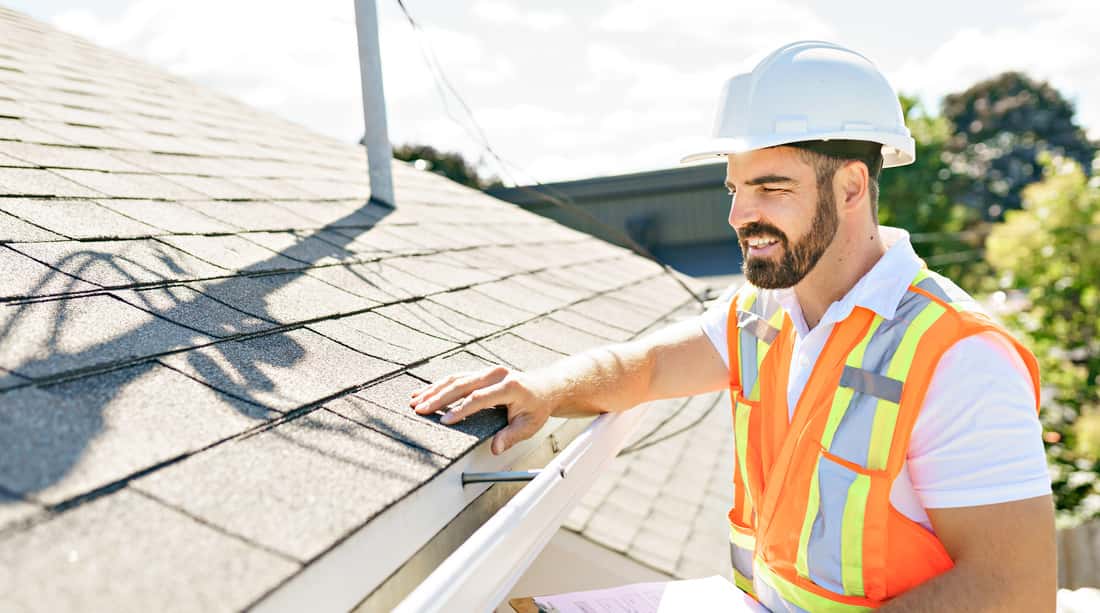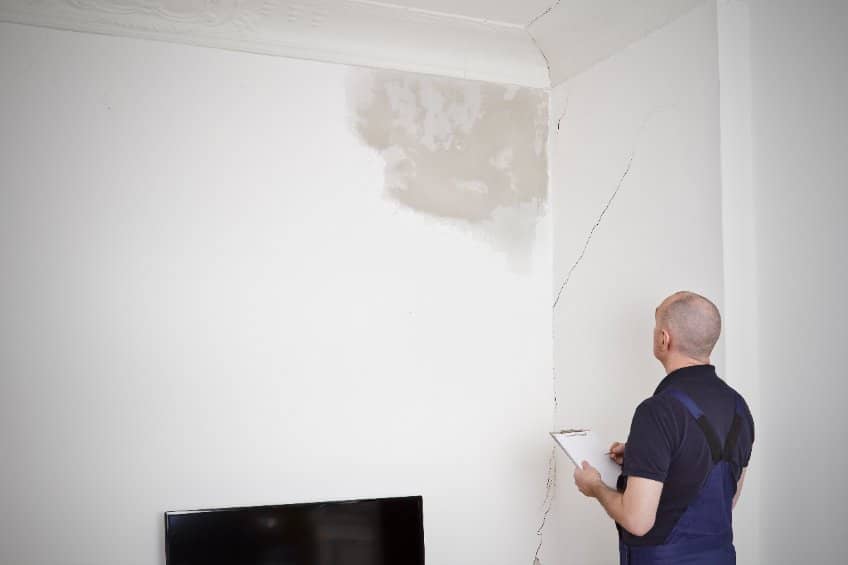Households waste a significant amount of water throughout the year. If you’re trying to manage a property with several occupants, it might be challenging to assist family members in controlling their waste and convince them to share in your concerns.
Given that using water can’t be avoided, the only practicable course of action is to make every effort to minimize water expenses through prudent water use. Preventing or eliminating waste is a highly effective strategy. The following are some of the most incredible ways to minimize water costs:
Invest in a Rainwater Collection System
By installing a rainwater tank from this company and similar providers, households can reduce their reliance on city water to meet their water demands. You may instantly begin saving money on your water bill, mainly if you utilize the tank for the most water-intensive jobs.
Harvesting rainwater for toilet flushing, laundry, and gardening may offer the best value for money, depending on the amount of rainwater collected on your roof and the capacity of your tank. Additionally, it’ll minimize the impact of any water restrictions enacted in response to drought or to protect communal water supplies from overuse.
Keep a Close Eye on Your Faucets
Your sinks are fixtures that see a great deal of use daily. The faucet is one location where water flows out, regardless of whether you’re washing the dishes, brushing your teeth, or filling a pail before washing your car. Saving water in the kitchen and bathroom is a brilliant idea to start with due to how often those two areas are used.
Each ounce of wasted water results in financial loss. It may seem insignificant, but over months and years, it adds up. It’s easy to overlook the fact that your faucet is even on. To save water, it’s necessary to be aware of all the instances of water being squandered. You can minimize water consumption by building excellent habits with your most often used fixtures.
A leaking faucet is a nightmare to repair. On the other hand, even a tiny bit of water draining away costs money. Leaving the water running while, say, brushing your teeth accomplishes nothing.
Only Use the Dishwasher and Washing Machine for Full Loads
While it’s customary to keep your dishes and clothes clean at all times, that’d require a significant amount of water. Rather than washing plates and utensils many times a day or doing the laundry several times a week, save water by waiting until you have a full load of clothing or dishes to do those tasks.
You can conserve water by lowering the water volume in your washing machine and dishwasher. Additionally, it’s advisable to skip the permanent press cycle, which requires an additional liter of water for the rinse.
If you discover that you require an additional rinse, reduce the amount of laundry detergent you use. Even though these are modest adjustments, they can result in monthly savings of hundreds of gallons.
Utilize the Waste Disposal Unit Only as a Last Resort
To function correctly, a waste or garbage disposal unit requires a significant amount of water. Not only is it more water-consuming to flush chunky food down the drain, but regardless of what you discard, accumulation will occur over time.
You or your plumber will eventually have to remove the debris. Rather than doing that, avoid using the garbage disposal unit whenever possible and either compost or discard food. Those alternatives conserve water and the time and energy needed to clean the unit and repair any issues that may eventually arise due to its frequent use.
Check for Leaks Using Your Water Meter
A water meter is a device that monitors the amount of water consumed in a residence. Each year, leaks in home plumbing result in the loss of hundreds of gallons of water. The meter may detect waste by measuring use after the water is switched off inside and outside the house for testing purposes.
It’s not always apparent whether there’s a leak as someone in your family may simply be using water more than usual. Fortunately, you can predict your monthly water consumption if you know your budget and how strictly your family adheres to it. If everyone isn’t going beyond their allowed use limits, you can be sure that there’s a leak somewhere in your system.
Takeaway
These recommendations can help you feel more confident about the impact of your actions on what you spend on water, so share them with everyone in your home. As you try each tip, keep track of which ones are the most effective for your household and have the most significant effects on your water bills.
